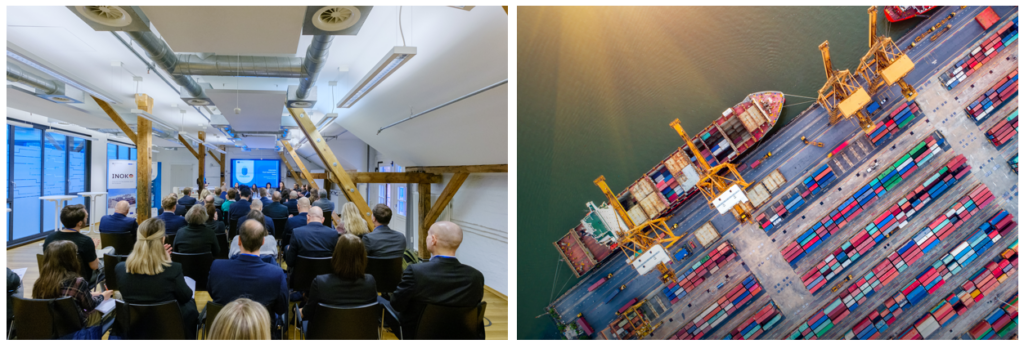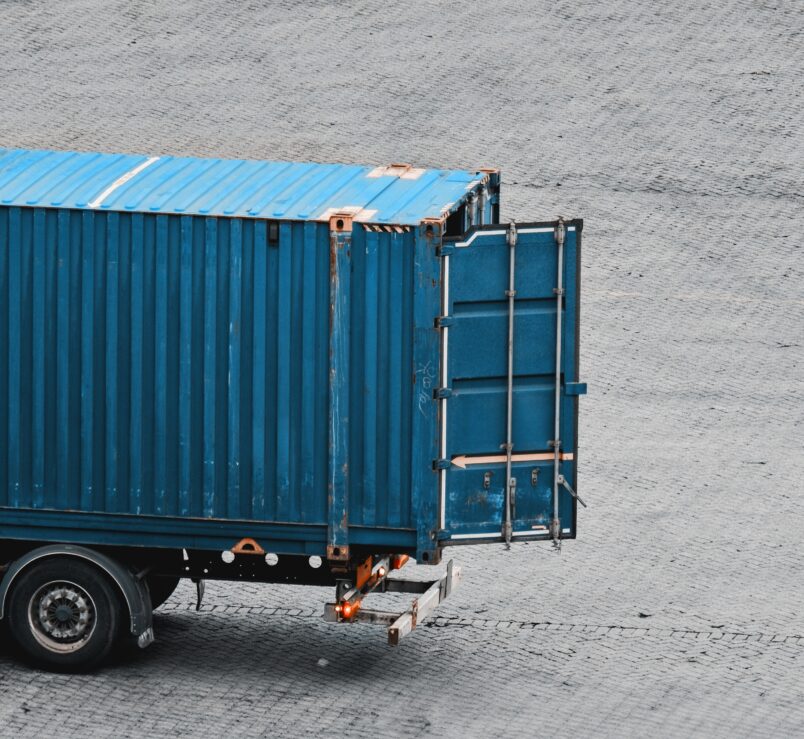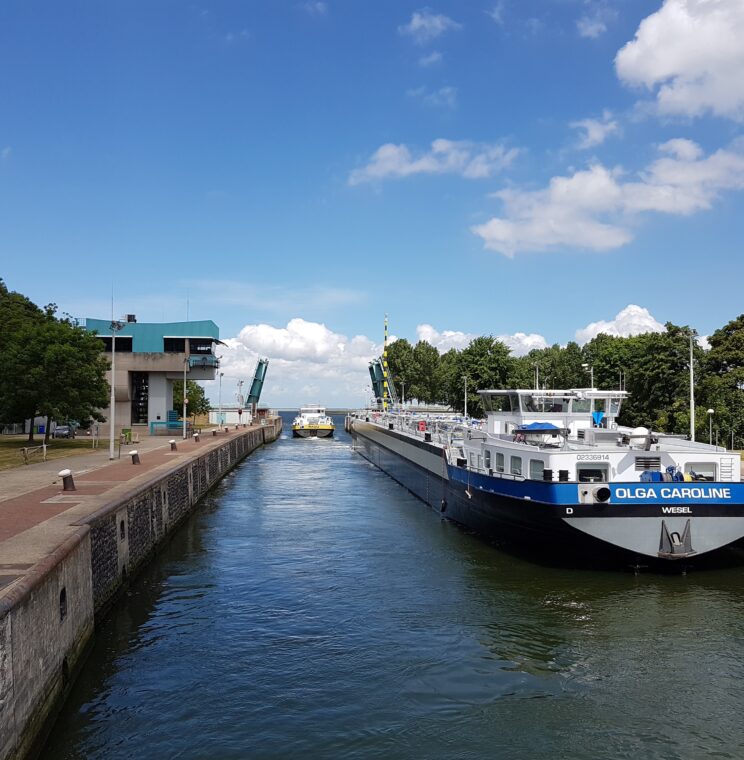Combating Corruption in European Seaports
Corruption in European ports poses a serious threat, particularly as it fuels drug trafficking and organised crime. Organised crime groups infiltrate port operations by bribing or intimidating staff, exploiting vulnerabilities such as high container volumes and complex logistics which create oversight gaps. The EU-funded project POSEIDON aims to take action against corruption and organised crime in the maritime sector.
Background
Due to the increased containerisation of trade, the trafficking of illicit goods has skyrocketed over the past decade. As a result, seaports play an increasingly important role in both legitimate and illegitimate trade. The nexus between organised crime groups and corruption has existed for decades. However, the European Commission has recently placed specific focus on this nexus through various initiatives, including the establishment of the European Ports Alliance.
Against this background, the POSEIDON project (Ports united against corruption) supports these efforts in the fight against corruption and organised crime in EU seaports. The project, funded through the Internal Security Fund (ISF, G.A. 10110337), has devoted the past two years to enhancing EU-level action against corruption in the maritime sector, particularly focusing on major EU seaports. The project has carried out a comprehensive mapping and analysis of corruption vulnerabilities as well as good practices in the supply chain of EU seaports, through literature research, interviews, focus groups, surveys and study visits to selected ports in the Netherlands, Belgium, Spain, Greece and Italy.
Together with 4 partners and 6 supporting partners, Ecorys led the research activities in mapping and analysing of corruption vulnerabilities and good practices to address them.

Key findings
Our research identified several factors impacting vulnerabilities in EU seaports, including:
- The types of goods and origins of goods and shipments, such as, the use of containers and specific trade routes;
- The human factor despite significant ongoing digitalisation efforts in the maritime sector;
- Close-knitted social communities in and around the ports;
- The role of politics, particularly affecting procurement and efforts to foster an anti-corruption culture.
We also identified overarching factors that hinder an effective approach against corruption, such as the economic climate, the size of the seaport, the volumes of goods handled, the type of port and the level of public-public and public-private cooperation, and legislation.
To address these corruption vulnerabilities, the second part of the POSEIDON project focused on identifying and analysing good practices in the supply chain of EU seaports guided by theory of change. This analysis resulted in the creation of the POSEIDON Dashboard showcasing current practices providing inspiration to other Member States in the EU and beyond. Together with the Dashboard, the project developed the Recommendation for an EU Ports Supply Chain Integrity Standard, which includes key recommendations to tackle corruption in ports. Some of the recommendations include:
- Focus on people
- Strengthen digital systems
- Foster public-private collaboration
- Monitor and evaluate measures
The POSEIDON project concluded in an final conference held at the Port of Hamburg, bringing together stakeholders from international and national law enforcement agencies, EU and international organisations, NGOs, and experts in the field of maritime security and corruption. The conference provided a platform to discuss the project’s findings, current challenges in combatting corruption and organised crime in seaports, and future research directions.

The successful completion of the POSEIDON project marks a significant milestone in the efforts to secure and streamline the supply chain of European seaports.
Want to know more? Read our full report here.

17 April 2025
3 minute read
Key Experts
Gabriëlle op 't Hoog
Senior Consultant
Jasmin Saarijärvi
Consultant
Mike Beke
Principal Consultant
Sabine Hellemons
Junior Consultant



